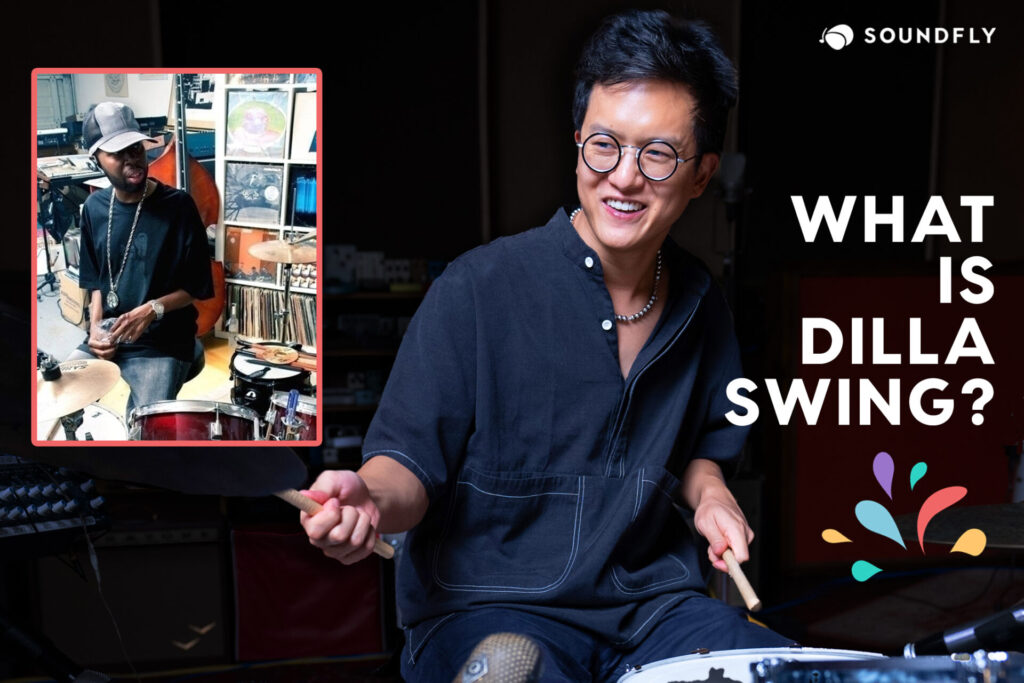
Tom Petty, the iconic American songwriter and guitarist music icon, whose hits like “I Won’t Back Down,” “Free Fallin’” and “Mary Jane’s Last Dance” have blown the lid off rock music’s canon, died unexpectedly on October 2 at the age of 66. He was found unresponsive in his home after a cardiac arrest and could not be revived. He passed away at the UCLA Medical Center, surrounded by family, bandmates, and friends just two weeks after wrapping up a massive 40th Anniversary Tour.
With an inimitable, twangy, gritty voice and instantly recognizable songs, you would be hard pressed to find someone who couldn’t name at least one of his hits. It’s certainly no surprise that more than a few generations worth of kids with guitars first cut their teeth on some Tom Petty licks.
What’s more, those songs have some incredible staying power. Even 40 years on, they seem as current and fresh as they did when they were released and still play every day on America’s radio stations.
In response to his death, thoughts, well wishes, and memories from fans and music icons flooded in. It’s no wonder, either — his influence is felt across the entire entertainment world. Many artists, including John Mayer, Kid Rock, Christina Perri, and Bon Jovi cite him as inspiration.
Petty first rose to fame with his band the Heartbreakers, whose third album, Damn the Torpedoes, went platinum in 1979 and featured “Don’t Do Me Like That,” the band’s first Top-10 hit. After that, successes and accolades kept piling up for Petty — from three Grammy Awards and 18 nominations, to touring with Bob Dylan and the Grateful Dead, to recording a hit single with Stevie Nicks, and so much more.
But it didn’t stop there. On top of a successful solo career, he was also a member of supergroup the Traveling Wilburys, which featured George Harrison, Roy Orbison, Jeff Lynne, and Bob Dylan. The group, of course, took home a Grammy and somehow was able to find a sound that belonged to the group alone. Was the sum of their parts greater than their individual achievements? Not even close. But it was an interesting experiment that yielded positive results.
Despite all the successes, the Florida native stayed humble and kept in touch with his roots — never forgetting his original band, Mudcrutch. Although signed to a record deal in the ’70s, the band never took off; after failing to chart with a single, they were dropped from their label.
But in 2007, Petty invited members of the band to a reunion and officially reformed as Mudcrutch. They recorded two albums, both of which made it into the Top 10 on the Billboard 200.
Perhaps the best summation I can give of his life and music comes from an experience I personally had at a party a couple years back. Most of the people there were musicians, and a couple of us brought out guitars to start up a jam session. Being a diverse cross-section of the music world, we couldn’t initially agree on a song to sing. Then one of the guys started playing the iconic intro to “Free Fallin’,” and you could see everyone’s eyes light up. Beautiful harmonies were cobbled together on the spot — everyone just knew all the words, all the chords.
It was perfect. It gave me goosebumps.
To me, that’s the true legacy that Tom Petty leaves behind: music that brings people together, music that is accessible to everyone, no matter their preferred genre or musical bent. I think that’s why his death has affected so many so deeply, fans and other artists alike. His music was both personal and immediate.
As far as musical legacies go, I don’t think they get much better than that. Here’s to you, Tom, as you sail out to the Great Wide Open.



